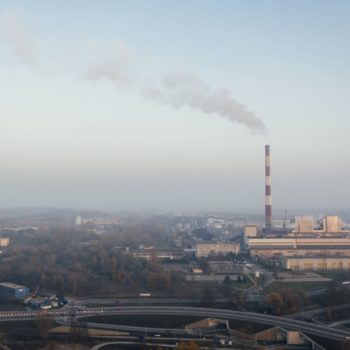The EU’s CBAM is the world’s first internationally applicable border mechanism to put a price on negative environmental impacts. However, it will only achieve higher international climate ambition if it provides real incentives for industries within and outside Europe to reduce emissions.
The EU’s CBAM must demonstrate recognition and understanding of other countriesʼ need and right to develop. This means that the relative impacts of carbon prices can be much higher for low-income countries. It should also be accompanied by diplomatic efforts, financial support, and cooperation in the form of concrete practical assistance. For instance, active knowledge and technology transfers. This would encourage and support trading partners to speed up their efforts towards climate mitigation and adaptation.
Without rapid phase-out of free allowances and indirect costs compensation, and without channelling accompanying cooperation and support to affected developing countries, the EU’s CBAM risks becoming an overly protectionist and ineffective climate measure.
Societies and businesses face increasing uncertainty due to more frequent and intense extreme weather events, instability in global energy and commodity markets, and unclear climate commitments by key international partners. The European Green Deal potentially provides a broad and strong suite of policy tools that have the power to create the necessary stability and certainty to succeed in the transition to climate neutrality. However, it will have to maintain high ambition levels and address controversial files such as the Carbon Border Adjustment Mechanism (CBAM) with sensitive and sensible climate diplomacy.
Headline recommendations for a fair and effective EU CBAM
- The EU’s CBAM should remain an alternative to the ETS’ carbon leakage framework. Therefore it should be introduced as part of the ETS revision which should phase-out free allowances rapidly.
- The EU’s CBAM’s scope should be extended to address other bulk chemicals, namely plastics. It should also address indirect emissions next to direct emissions.
- LDCs and SIDS should be given special consideration.
- EU’s CBAM revenues should be channelled to support climate action outside the EU, providing an intentional, structured and consistent contribution from the EU to the most vulnerable countries in the form of international climate finance.
- Export rebates should not be introduced.
This statement is a result of an ongoing collaboration between E3G, Carbon Market Watch, Climate Action Network Europe, European Environmental Bureau and the WWF European Policy Unit, and the several hundreds of member organisations of these federations.


